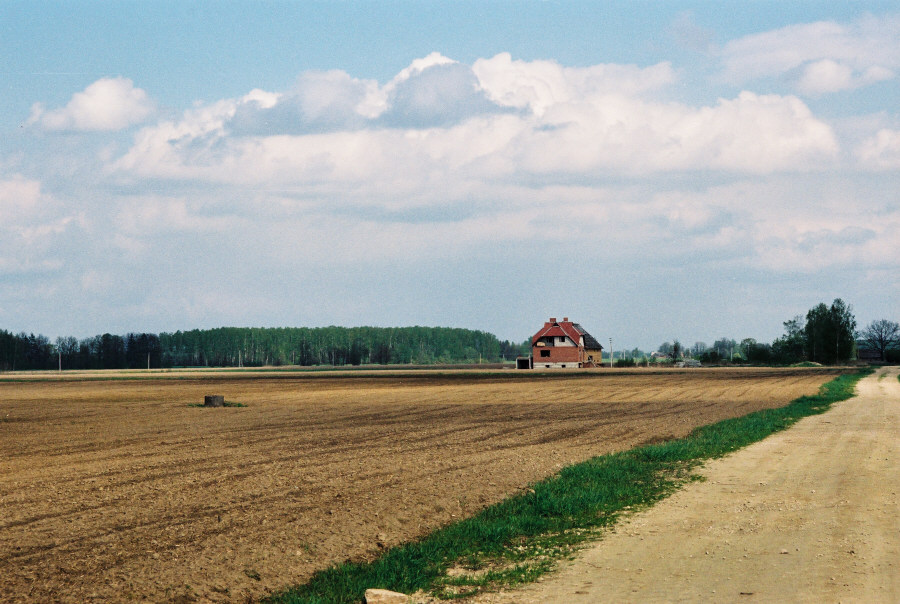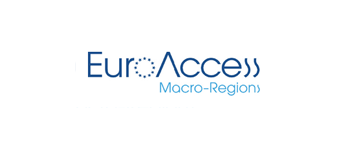Macro-Regional Strategy
EU Strategy for the Danube Region - 4 Pillars, 11 Priority Areas:
Connecting the Region
- improve mobility and intermodality of inland waterways, rail, road and air
- encourage more sustainable energy
- promote culture and tourism, people-to-people contacts
The goal of the Danube Region Energy Efficiency Concept for Public Buildings (ongoing activity) is to investigate the current practice of financing energy efficiency investments of public buildings in the Danube Region countries. The project focuses on sharing best practices and on the formulation of policy recommendations in order to create a more attractive environment for public building renovation projects.
The Danube Region Biomass Action Plan provides a comprehensive analysis of the biomass potential, current utilization and existing practices in the Danube Region and offers cross-border policy recommendations and an action plan to extend the use of biomass.
The aim of the Danube Region Smart Grid Concept is to facilitate a common understanding on the rather complex notion of "smart grids" and assist the countries of the Danube Region to take the first steps towards the development of smart grid policies and action plans. The electricity systems and markets of the Danube Region countries are heterogeneous and their electricity networks are facing very different challenges due to specific production and consumption patterns. The goal is to identify the bottlenecks of smart grid developments in the Danube Region from infrastructural barriers through the integration of the increased energy production from supplying renewable sources into the grid to the ratio of non-payment
Protecting the Environment
- restore and maintain water quality
- manage environmental risks
- preserve biodiversity, landscapes and air and soil quality

The Danube Floodrisk project promotes cooperation methods with 19 institutions in 8 Danube countries, sharing databases and flood mapping. The European Flood Awareness System (EFAS) is also carrying out complementary work with Hungary in the lead.
Building Prosperity
- develop the Knowledge Society (research, education and ICT)
- support business competitiveness
- invest in people and their skills
The Danube Region Business Forum
, coordinated by the Austrian Chamber of Commerce, provides an important networking platform for over 300 SMEs. It encourages business-to-business meetings, and supports links with knowledge providers such as research institutes and universities.
In the Baltic Sea Region. A first joint Declaration of Danube Region Ministers for Research was signed in Ulm on 9 July 2012. The Commission fully supports this.
The Danube Shipwreck Removal Project aims to remove shipwrecks from the Danube, Sava and Tisa in Serbia, Romania and Bulgaria - improving navigation and ecological conditions so as to develop the inland waterway to its full potential. The project to remove wrecks totalling some 15 000 tons, initiated by the Serbian Chamber of Commerce as part of the Strategy, also involves the private sector.
Strengthening the Region
- Strengthening the Region
- work together to tackle security and organised crime
Under the Hungarian lead partner, the aim of the project "Setting up the structure of a Danube River Forum" is to establish a network of contact centres which shall strengthen the efficient collaboration between the Danube States in the field of criminal investigation. Expected results are the realisation of law enforcement surveillance of the international coordination and traffic on the Danube and more effective border control. The Kick off Conference took place in Budapest on 17 September 2013.
EU Strategy for the Baltic Sea Region - 3 Objectives, 13 Policy Areas and 4 Horizontal Actions:
Save the Sea
- Bioeconomy – Agriculture, forestry and fisheries
- Hazards – Reducing the use and impact of hazardous substances
- Nutri - Reducing nutrient inputs to the sea to acceptable levels
- Safe - To become a leading region in maritime safety and security
- Ship - Becoming a model region for clean shipping

Baltic Deal which works with farmers across the Region to support farmers to reduce nutrient losses from farms, with maintained production and competiveness. The Federation of Swedish Farmers is leading the project along with the Latvian Rural Advisory and Training Centre.
Baltic Manure is turning the perception of manure from an environmental problem into a opportunity for business innovation. The project develops and utilises the high potential and know-how on innovative solutions for manure management, producing renewable energy and organic fertilisers. MTT Agrifood Research (Finland) is in the lead with Agro Business Park (Denmark).
Connecting the Region
- Energy - BEMIP Action Plan (for competitive, secure and sustainable energy)
- Secure – Protection from land-based emergencies, accidents and cross-border crime
- Transport - Improving internal and external transport links
The Efficient, Safe and Sustainable Traffic at Sea (EfficienSea) focused on making the Baltic Sea Region a pilot region for e-navigation, developing and testing infrastructure and services for e-Navigation, and sharing good practice widely. The Danish Maritime Authority is the lead partner.
Increase Prosperity
- Culture - Culture & creative sectors
- Education - Education, research and employability
- Health - Improving and promoting people's health, including its social aspects
- Innovation - Exploiting the full potential of the region in research, innovation and SME, utilising the Digital Single Market as a source for attracting talents and investments
- Tourism - Reinforcing cohesiveness of the macro-region through tourism

BSR Stars is aiming to boost regional competitiveness and growth by fostering transnational linkages in research and innovation to tackle common challenges in such areas as health, energy and sustainable transport. The project is led by VINNOVA (Sweden) and Ministry of Economy (Lithuania).
- Capacity – Capacity building and involvement
- Climate
- Neighbours – Creating added value to the Baltic Sea cooperation by working with neighbouring countries and regions
- Spatial Planning – Encouraging the use of maritime and land-based spatial planning in all Member States around the Baltic Sea and develop a common approach for cross-border cooperation

